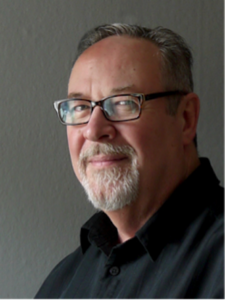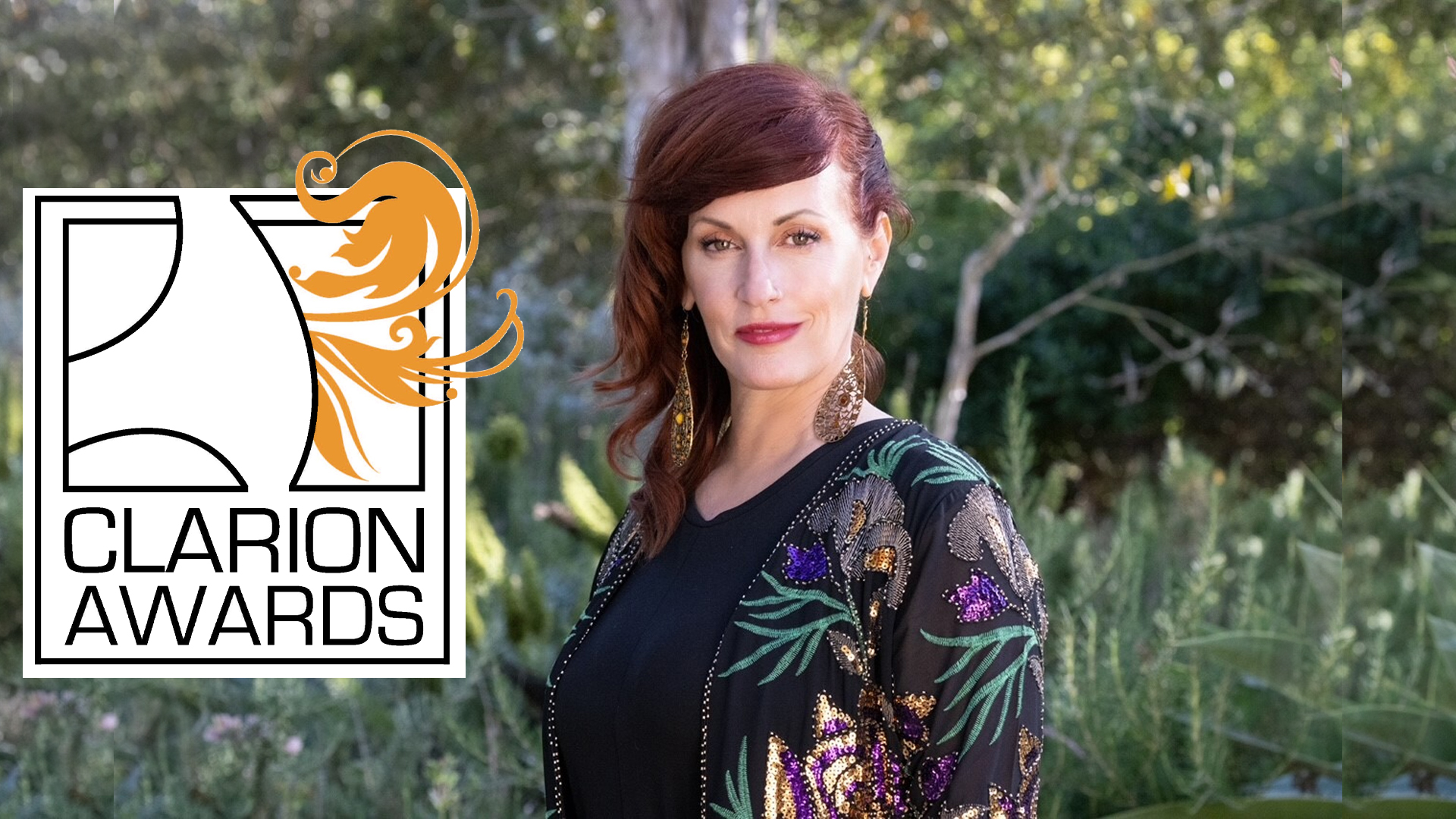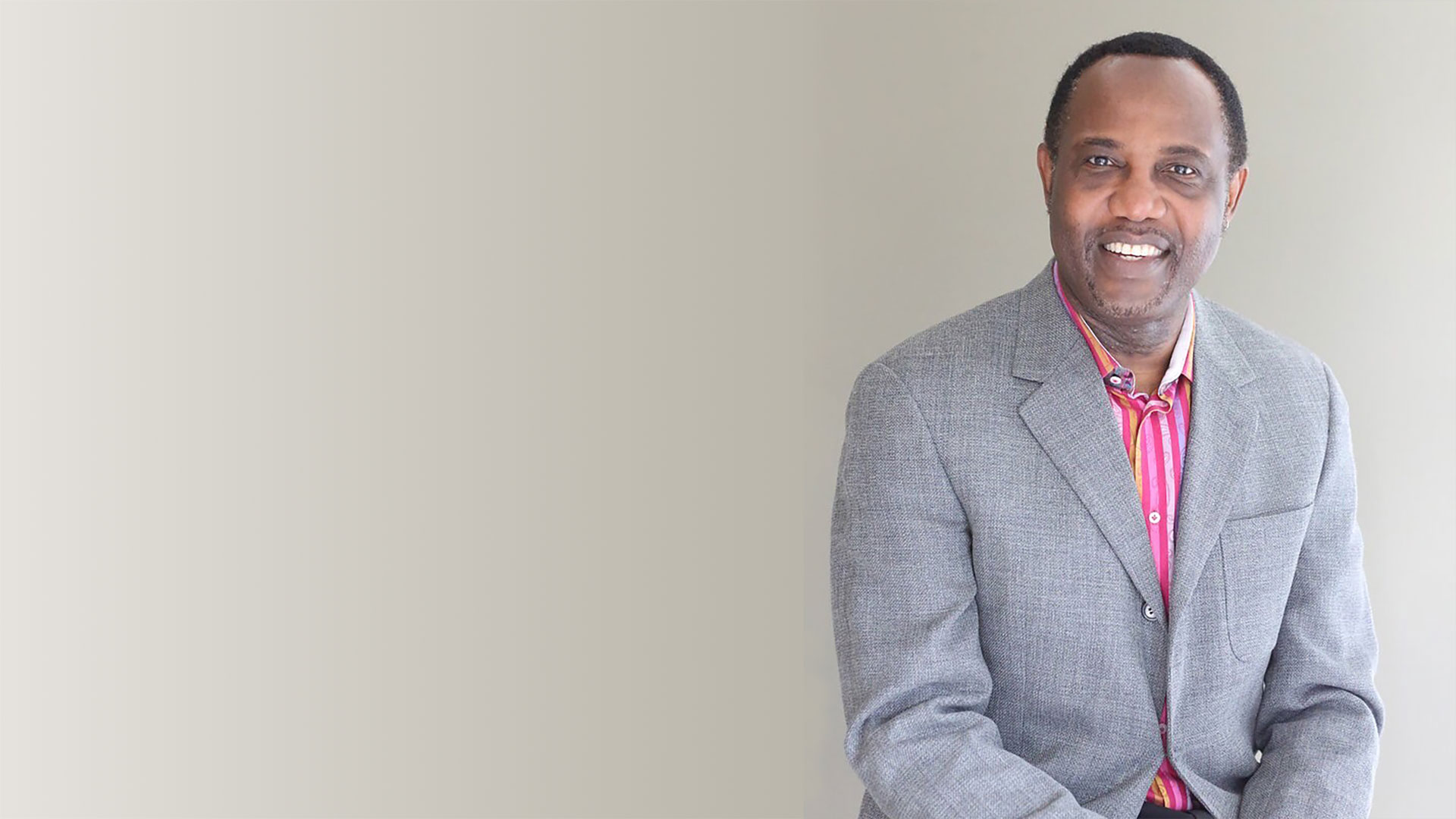Guest Blogger: Keith Byler, D.O., M.A., PCC

It is widely said in the coaching world that one need not be a subject matter expert in the client’s field in order to coach effectively. And yet it is also apparent that many coaches choose to specialize in one or more areas in which they have an interest, and to further build upon those interests with special training specific to them.
For example over the years I have coached a few clients who had some degree of ADD. Yet I don’t consider myself an ADD coach, and in fact if that were the main issue at hand, I might well recommend a coach with a special interest and facility in ADD.
Similarly a skillful coach could successfully work with a business executive without necessarily being an “executive coach.” And yet for coaches working mostly or exclusively with this population, some basic knowledge of business and how business works might help in the context of having a common language and understanding around which to explore topics and issues.
Perhaps the crux of this is that the “DNA” of coaching is very similar across all “species” of coaching, much as humans share the majority of our DNA with all other mammals. (Humans and small furry mice share 92% of our DNA in common!) This is what allows proficient evidence based coaches to work across multiple fields when called upon to do so. And yet there also seems to be a place for specialization.
I would make the case that healthcare is one of those areas where the slight variation in the “DNA” of the industry creates an opportunity for evidence based coaches to increase their capacity by spending some time learning and understanding some of the unique aspects of this great and immense machine.
As one example, we might say that burnout is burnout, whether you’re a leader in a steel mill or a department chair in a hospital. And perhaps this is mostly true. Yet we might also make room for the possibility that burnout could have a different expression in healthcare, where many moral and ethical dilemmas surface, caretaker fatigue is an issue, dealing with the drama of life and death, tragedies, people’s deep grief, etc. Would it be fair to say that this might require a slightly different coaching approach and that a deeper understanding of these things might be helpful?
Another purely business case example might be that a steel mill exists to make steel, or more accurately to make a profit. Hospitals need to “mind the store” too, need to have cash flow sufficient to keep the doors open. And yet many are non-profits, and all have, in addition to the need for good fiscal stewardship, a motive that goes beyond merely profit. In fact sometimes fiscal matters and ethical ones can seem to be at odds with one another, such as providing care for people unable to pay. No one would fault a steel mill for refusing to sell its steel to a non-paying customer, yet in medicine it is more complicated than that. Doctors, nurses, hospital administrators, indeed virtually all who work in healthcare run up against this in one form or another every day.
These are just two examples of many that illustrate some of healthcare’s unique challenges vs. other industries. Not every coach will feel called to work with this population, any more than every coach feels called to work with people with ADD. Yet in both these examples a willingness to take a little time to learn what the “8% difference in DNA” means in the context of these and other species of coaching just might be time and effort well spent.
Bio – Keith Byler, D.O., M.A., PCC
Keith is an executive and leadership coach who specializes in supporting physicians and others in healthcare organizations. He has worked across a wide array of industries in the past 14 years, from manufacturing to finance to healthcare systems. He is a contract coach for the London Business School, working with Nestle leaders worldwide. He serves as a peer coach for a national physician EAP, conferring with doctors having an acute need for assistance.
Keith is a semi-retired physician after 30 years in medical practice, 10 in emergency medicine, 20 in private practice. He is a graduate of Fielding’s Evidence Based Coaching Program Cohort 2 as well as the Master’s program in Organization Management and Development. See: https://www.linkedin.com/in/keithbyler/
Join Over 7,500 Fielding Alumni Located Around The World!
Change the world. Start with yours.™






Get Social